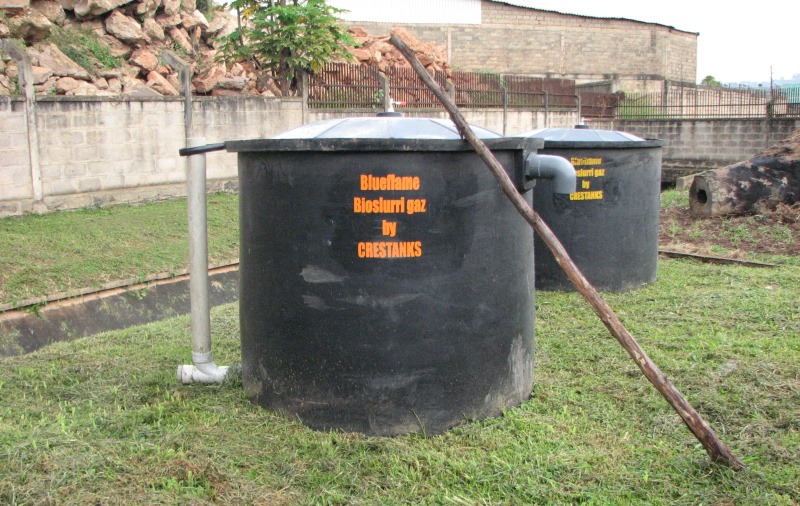A gaseous fuel produced from human waste could generate power for up to 138 million homes while also improving health in developing countries, a report from a United Nations think tank said.

A report released Tuesday by the UN University’s Canadian-based Institute for Water, Environment and Health (UNU-INWEH) estimates that biogas potentially available from human waste worldwide would have an equivalent value of up to roughly C$12.5 billion in natural gas and produce enough electricity to power 138 million households – the number of households in Indonesia, Brazil, and Ethiopia combined.
The fuel – called biogas – is produced through the bacterial breakdown of fecal matter, and any other organic matter, in an oxygen-free environment.
According to UN numbers, roughly 2.4 billion people lack access to proper sanitation facilities and almost one billion people (about 60 per cent of them in India) don’t use toilets at all, defecating instead, in the open. If their waste was collected and used to produce biogas, the UN report said it could be worth between US $200 million and $376 million each year, the report said.
READ MORE: U.N. sets up large inflatable toilet in New York to mark global crisis
Corinne Schuster-Wallace, lead author and adjunct professor McMaster University, said the report was created to help rural and remote communities in Uganda finance the costs of sanitation.
“Anaerobic digestion is a really simple solution and it’s being used in Europe and North America,” Schuster-Wallace told Global News. She pointed to the cities of Hamilton and Peterborough, Ont. that use the technology to offset the cost of wastewater treatment.
“In Uganda, these small communities will never have centralized wastewater systems. It’s prohibitively expensive and it’s very difficult to put a centralize sewage system like you or I know in these communities.”
- Ontario First Nation declares state of emergency amid skyrocketing benzene levels
- Singh mulls TikTok return as U.S. nears potential ban over security fears
- More financial institutes are offering crypto-services, survey shows
- Possible TikTok ban in U.S. looms after Biden signs bill, setting up legal fight
The World Health Organization (WHO) say a lack of access to a proper toilet is linked to several diseases such as cholera, diarrhoea, dysentery, hepatitis A, typhoid and polio.
READ MORE: India gang rape case highlights lack of toilets
Developing an on-site fecal waste management could help development in countries throughout Africa and parts of Asia, the report said.
“When it comes to creating misery and poverty, human waste mismanagement has few rivals,” Zafar Adeel, UNU-INWEH director, said in a statement.
“If we can demonstrate a simple, cost-effective new approach in low-resource settings … we can advance development, protect the environment and help reduce sanitation problems causing one-tenth of all world illnesses.”
The lack of access to sanitation also has negative environmental impacts as untreated wastewater will ultimately impact waterways, Schuster-Wallace said.
“It’s the start of a conversation. It’s really important that we see our waste as opportunity and not as a burden,” she said.




Comments